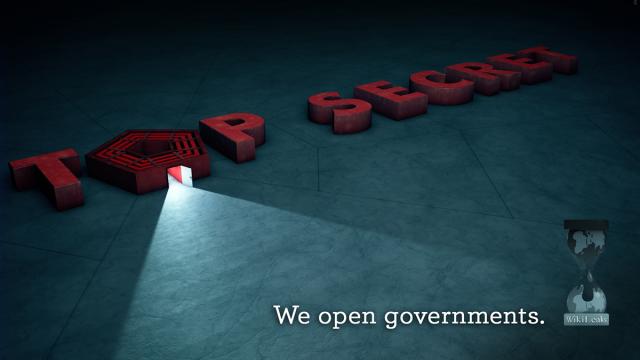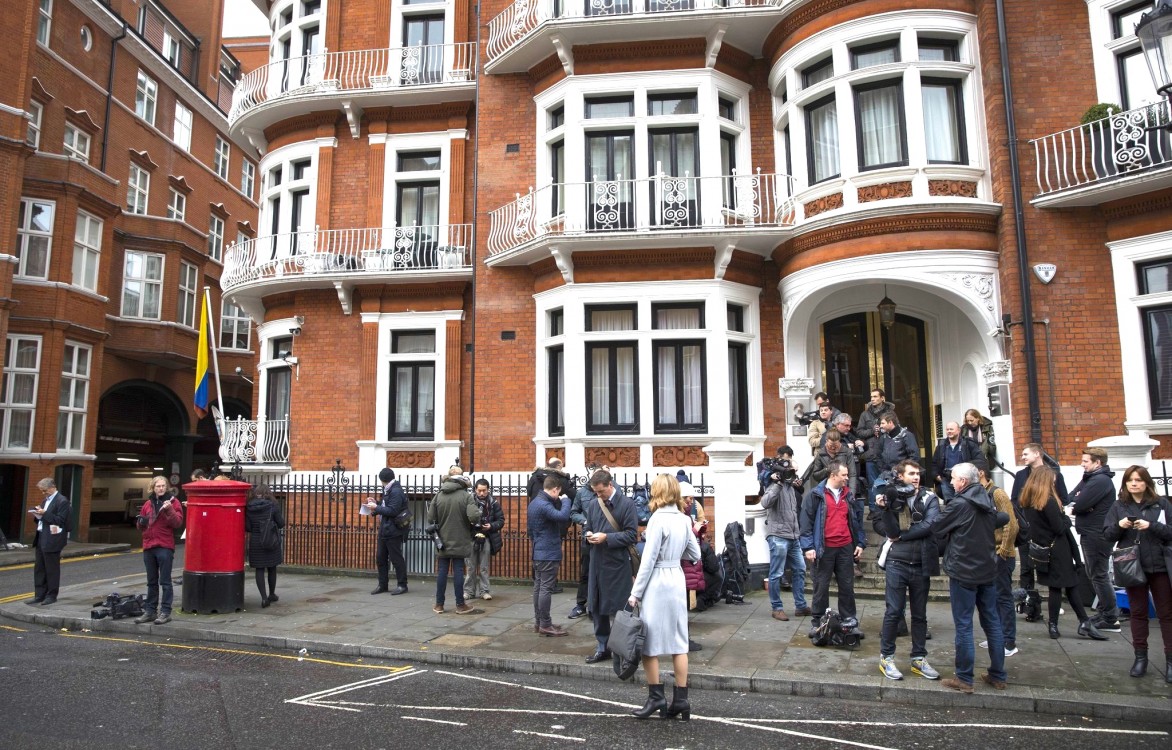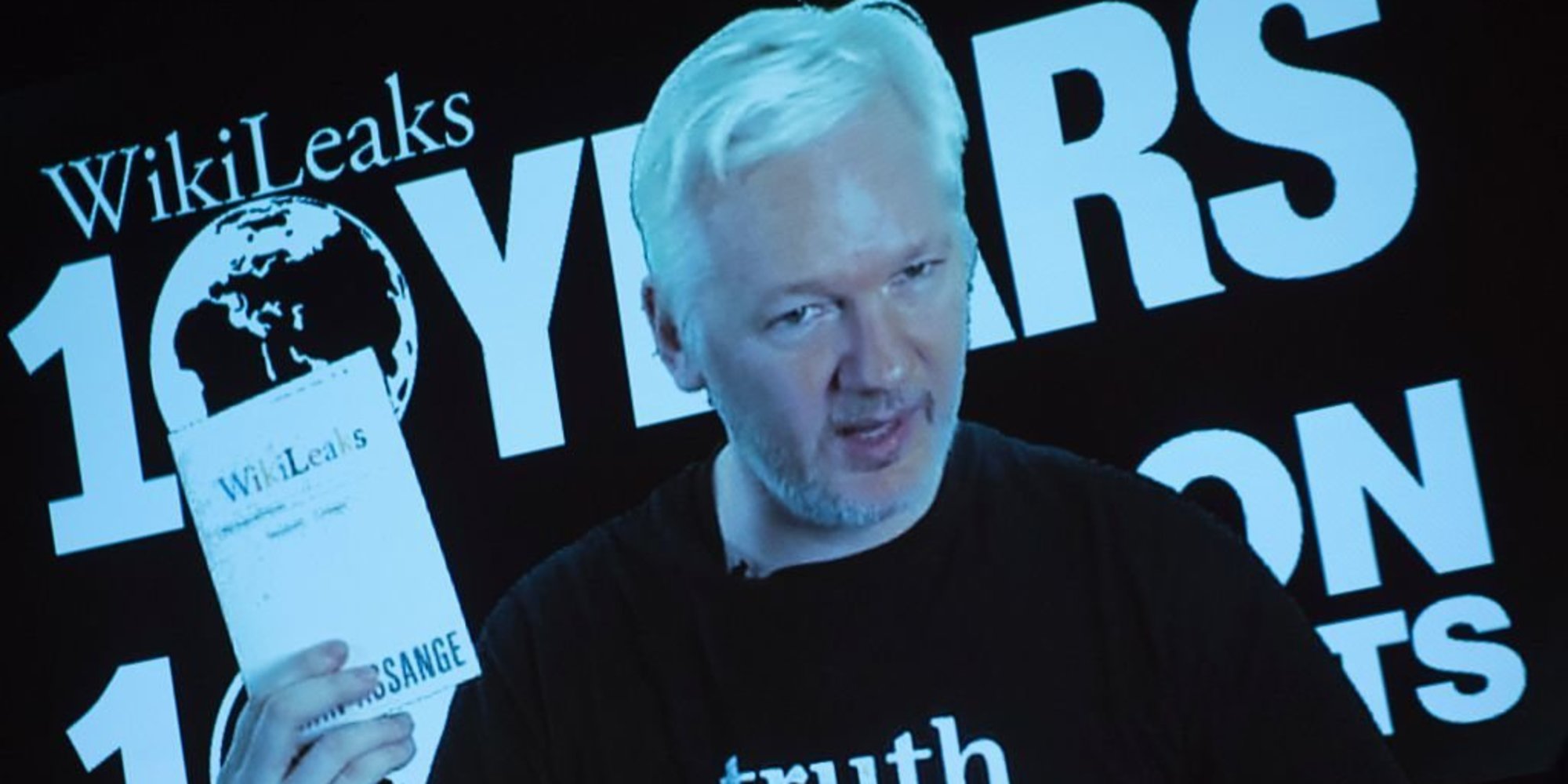
Berlin — My organization, WikiLeaks, took a lot of heat during the run-up to the recent presidential election. We have been accused of abetting the candidacy of Donald J. Trump by publishing cryptographically authenticated information about Hillary Clinton’s campaign and its influence over the Democratic National Committee, the implication being that a news organization should have withheld accurate, newsworthy information from the public.
The Obama Justice Department continues to pursue its six-year criminal investigation of WikiLeaks, the largest known of its kind, into the publishing of classified documents and articles about the wars in Iraq and Afghanistan, Guantánamo Bay and Mrs. Clinton’s first year as secretary of state. According to the trial testimony of one F.B.I. agent, the investigation includes several of WikiLeaks founders, owners and managers. And last month our editor, Julian Assange, who has asylum at Ecuador’s London embassy, had his internet connection severed.
I can understand the frustration, however misplaced, from Clinton supporters. But the WikiLeaks staff is committed to the mandate set by Mr. Assange, and we are not going to go away, no matter how much he is abused. That’s something that Democrats, along with everyone who believes in the accountability of governments, should be happy about.
Despite the mounting legal and political pressure coming from Washington, we continue to publish valuable material, and submissions keep pouring in. There is a desperate need for our work: The world is connected by largely unaccountable networks of power that span industries and countries, political parties, corporations and institutions; WikiLeaks shines a light on these by revealing not just individual incidents, but information about entire structures of power.
While a single document might give a picture of a particular event, the best way to shed light on a whole system is to fully uncover the mechanisms around it — the hierarchy, ideology, habits and economic forces that sustain it. It is the trends and details visible in the large archives we are committed to publishing that reveal the details that tell us about the nature of these structures. It is the constellations, not stars alone, that allow us to read the night sky.
There are two contradictory myths about how we operate: on one hand, that we simply dump whatever comes to us into the public’s arms; and on the other, that we pick and choose material to harm our alleged political enemies.
We do neither. Yes, we believe in the integrity of source material, in the value of conserving pristine collections of documents, and we strive to make this historical record accessible to the public. We publish in full, in an uncensored and uncensorable fashion. But we also research, validate and contextualize the submissions we receive. While it can be difficult to balance the needs of the public to have timely access to large archives with individual privacy, such concerns have mostly been disingenuous.
At times we receive individual documents, but we have come to specialize in large collections. Over the last decade we have vetted, indexed and published an average of 3,000 documents per day, including over 300,000 reports covering the wars in Iraq and Afghanistan, more than two million emails from Syrian political figures and over 120,000 documents from the Saudi Arabian Ministry of Foreign Affairs. We also curate the Public Library of United States Diplomacy, the world’s largest collection of diplomatic cables (nearly three million).
WikiLeaks has transformed more than 10 million documents into a unique searchable archive, not only making our website the world’s largest online library for suppressed information, but also enabling greater contextualization through relationships across publications.
Some have accused us of being pawns of the Russian government, but this misrepresents our principles and basic operations. WikiLeaks relies on our editor’s invention of a secure anonymous online submission system to protect sources’ identities. This technology has become a standard for many media outlets around the world. We prefer not to know who our sources are; we do not want to, and usually do not need to. What matters to us is the authenticity of the documents.
This has always been our position and approach, whether we were publishing material about the George W. Bush administration’s wars or corruption within the Democratic Party. The establishment media was happy to work with us on the former, but turned against us when it came to the latter, calling into question our intentions and those of Mr. Assange. CNN has even suggested, wrongly, that readers may have legal troubles if they download documents from our site.
While we have no institutional bias and can publish only what we receive, we are happy to publish documents about any presidential candidate, at any time, anywhere for a globally significant election.
We publish without fear or favor, bringing transparency to powerful factions and secretive institutions, not taking any sides except that of the truth. We believe in the democratization of information and the power that knowledge gives to people to further peace, accountability and self-determination.
WikiLeaks will continue publishing, enforcing transparency where secrecy is the norm. While threats against our editor are mounting, Mr. Assange is not alone, and his ideas continue to inspire us and people around the world.
Sarah Harrison is a journalist and editor for WikiLeaks.
3 WAYS TO SHOW YOUR SUPPORT
- Log in to post comments


















Comments
Frederic Smith replied on
Not much to say other than to
Not much to say other than to know there are many who appreciate the struggle you exemplify by 'speaking truth to ugly power'.
Nancy Jakeman replied on
Wide world transparency
Presently I don't see any other way to facilitate wide world transparency than the truly courageous continuous acts of whistle blowers. I thank Wikileaks founder Julian Assange and the courageous members of Wikileaks and the many others who have been jailed, tortured, suffered (so improbably I felt) under the Obama administration and elsewhere on the planet. Holy Light covers these beings who suffer so.
The problem is... Truth has become so misshapen on the planet that it will take a while before we, the people, remember it again.
Thought... The Master Jesus, aka our Universe Creator Michael of Nebadon, the name of our Universe, left us with a gift two thousand years ago, the Spirit of Truth. His Light Intelligence and his promise remains as we go to the Light within our heart.